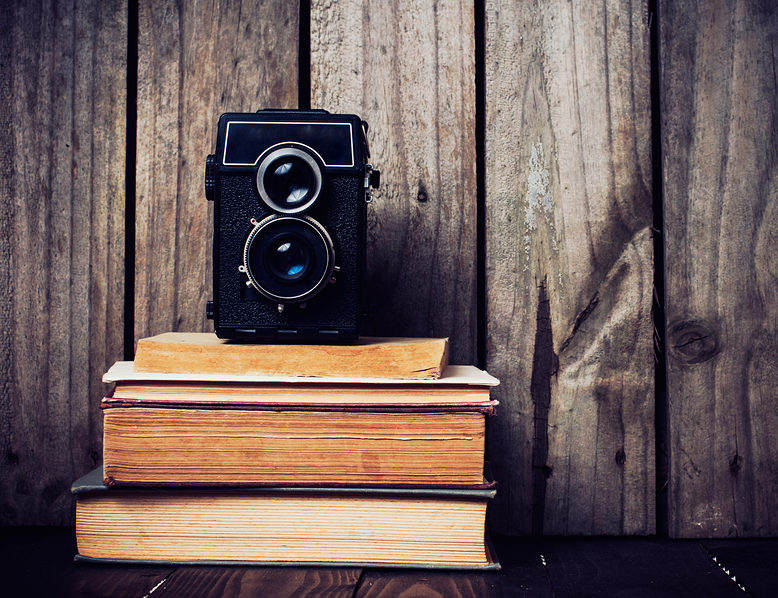45 Years is one of those quiet, introspective dramas that demonstrates how risky it can be to pull at the scabs of old wounds of a marriage before they are healed, or, perhaps, ever. Whether an actual, physical wound or the emotional achilles heel of a relationship, you don’t always know what’s underneath. And for Kate, our wife on the brink of celebrating her 45 years of marriage to her husband Geoff, she too cannot help but to pick at things. As in both cases, the pain that comes seems a surprise, but is it really, in either case?
The movie takes place over the course of the week leading up to their big anniversary party. But a letter arrives early in the week for Geoff; this news stirs up old mysteries—mysteries from before Geoff and Kate’s marriage. More importantly, though, the letter cannot help but to stir up emotions in Geoff, strong emotions even if he processes them rather quietly. (The quiet of this movie speaks beautiful volumes.) But after 45 years of marriage, Kate knows just how moved he is. She know the little differences that take place within him. She knows this news is much bigger than he says–or than he says it isn’t. And that nudges an avalanche of reserved but powerful feelings (and actions) in Kate.
As the film follows this couple through this week, Geoff processes his unearthed feelings and thoughts as Kate reacts. All the while, their quiet, content, retired life continues: walking the dog, going into town, lunch or tea with friends, reading and enjoying music at home. As they live the week, the bigger piece of the film lurks in the gestures, the expressions, the slight changes: the questions that arise about pasts, secrets, lost loves, fate.
How much do you tell a new love? When is it too late to tell things you didn’t at first? Is something from fifty years ago, kept secret, still a betrayal of trust?
At first thought, I didn’t see Geoff as having intentionally hid information from Kate. I suspected he was caught up in their relationship when they first met, and at some point, the missing piece seemed not important enough to the life they were building together. (He even says almost as much.) On the other hand, then I think back that these two met in the late 60s (a piece of the story that is wonderfully laid out in the music that is the memory of their early relationship, shared again at this anniversary). Times were different. Maybe he calculated not telling her, then forgetting, only later to be unable to hide his deeper contemplations.
The movie is also a wonderful comment on long marriage—- that bond, that partnership, that comfort. Building that partnership through life, through our aging, through our bodies’ changing, keeping the friendship and the intimacy with shared memories, with dancing, with caring and kindness and compassion. At the same time, how fragile might that always be? But that deepest connection being well worth any risk of losing it.
The best (most powerful) scene of the film comes at the end. I was reminded of Diane Lane’s train scene in Unfaithful; she showed the roller coaster of emotions in that short space, but the acting was breathtaking. Rampling did the same here throughout the movie, the biggest moment, coming with her face and posture at the end of the movie, with her processing and concluding and realizing and understanding and still, though, being mystified. Maybe. Maybe not. This is the kind of movie that leaves the final narrative to the audience. And it did so with what felt to me like a respect to this relationship.
This movie will be too quiet for many. I found it beautiful and rich. Deep and meaningful.
Breathtaking.
